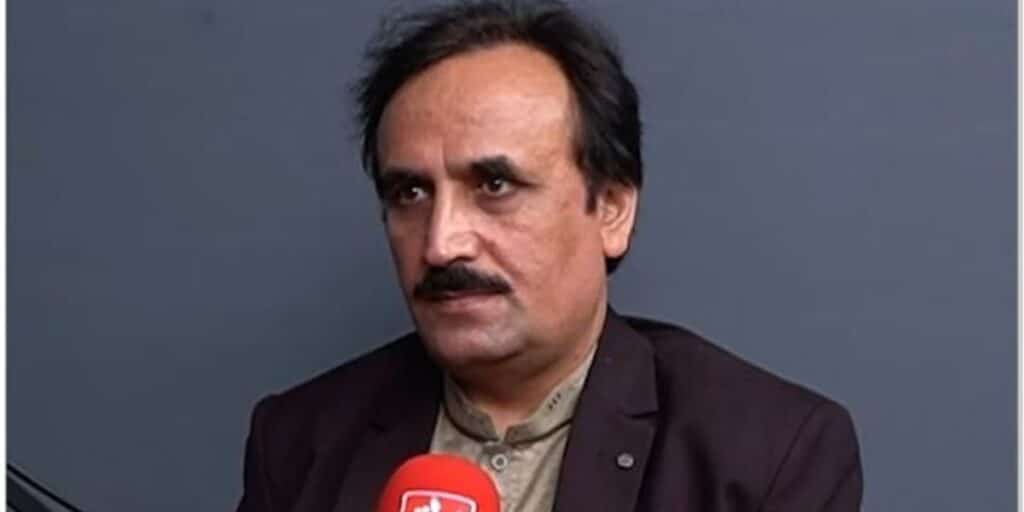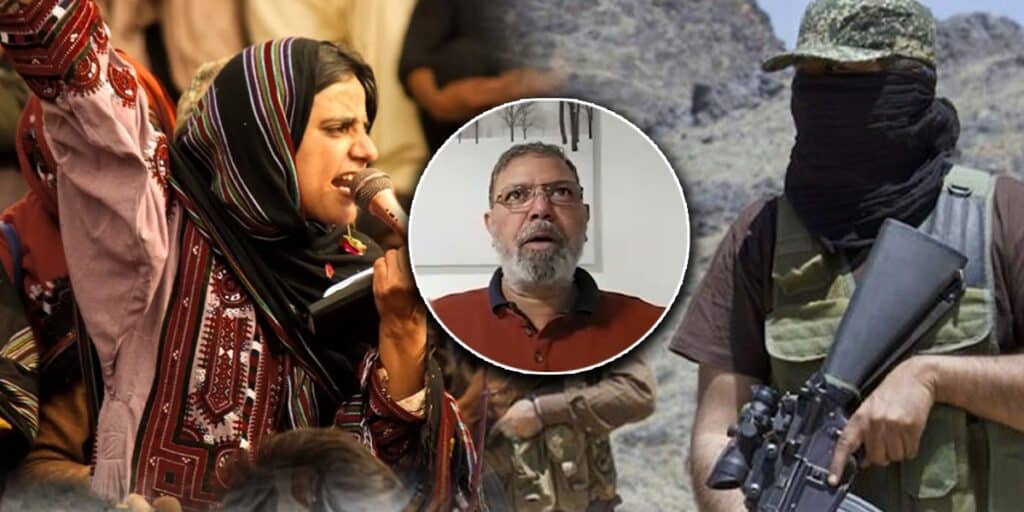By: Abdullah Khan
India continues to indulge in a dangerous fantasy — one where it imagines repeating the script of 1971 in Balochistan. As someone who has studied these dynamics extensively and travelled across the region, I find it alarming how persistently Indian policymakers, media outlets, and certain think tanks attempt to frame Balochistan as a replica of East Pakistan. Let me be unequivocal: this is not just delusional, it is completely disconnected from historical, geographical, and geopolitical realities.
At the core of India’s strategic miscalculation lies a fixation with the past. While the world has moved on, New Delhi seems trapped in the ghost of 1971. The global discourse has changed, alliances have shifted, and the international appetite for military adventurism — especially through proxies — has diminished. Yet India remains obsessed with forcing outdated templates onto vastly different scenarios.
Take, for instance, “Operation Sindoor,” launched in response to the false flag Pulwama incident. India tried desperately to revive the old narrative of cross-border terrorism, positioning itself as a victim to court global sympathy. But the world didn’t buy it. That’s because terrorism is no longer the West’s top priority. The world’s focus has moved on to broader geopolitical contests, and India has failed to recognize this shift.
Contrast that with Pakistan’s measured and mature response. Our geostrategic relevance, calm diplomacy, and clarity in communication resonated far more with international stakeholders. When India tried to provoke us militarily, our response was precise and effective. Indian jets were shot down, and we showed the world actual proof. India, on the other hand, failed to produce any credible evidence to support its tall claims of hitting “terror camps.”
Even if we go back to 1971, the facts remain inconvenient for India. Despite Pakistan’s diplomatic isolation, lack of nuclear deterrence, and the geographical vulnerability of East Pakistan, India failed to make any real gains on the western front. West Pakistan held its ground firmly. Today, with a robust defence system, nuclear deterrence, and stronger alliances, the idea that India could achieve more now — especially in Balochistan — is pure fantasy.
The comparison between East Pakistan and Balochistan is intellectually dishonest. East Pakistan was 1,500 km away, geographically isolated and surrounded by Indian territory. Balochistan is fully integrated into the Pakistani federation, both administratively and demographically. It shares no border with India and offers no physical access point. The strategic conditions couldn’t be more different.
I’ve travelled across Balochistan, and I can say with full confidence that there is no popular separatist sentiment on the ground. In fact, I’ve yet to meet a single person who denies that India is arming and funding terrorist proxies like the BLA and BLF. These groups operate in the shadows, killing civilians, burning buses, targeting teachers and children — tactics that the local population rejects outright.
What East Pakistan had — and what Balochistan lacks — is ideological legitimacy for separation. The Pakistan Resolution of 1940 imagined a federation of Muslim-majority regions. Bangladesh, even after its separation, never rejected the two-nation theory. Today, in a twist of irony, it is cooperating with Pakistan and China, much to India’s frustration. After investing so heavily in Dhaka, India now finds itself increasingly sidelined — and that reversal stings more than it’s willing to admit.
The current Baloch insurgency is not a strategic movement — it’s a funded illusion. Proxies exaggerate their influence to remain relevant in the eyes of their foreign sponsors. I’ve seen how groups like the BLA, divided by internal rivalries and mutual distrust, are more invested in producing flashy press releases than achieving anything substantial. Their goal isn’t liberation — it’s survival through foreign funding.
Let’s be clear: this isn’t about Balochistan. It’s about India’s own internal insecurities. The obsession with Balochistan is a deflection from domestic unrest and military humiliation. Just as India failed to achieve its goals in West Pakistan in 1971, it will fail again. Only this time, it lacks even the geographic leverage or ideological narrative to build upon.
Balochistan is Pakistan — in every sense. The Baloch people live not only in Balochistan but also across Sindh and Punjab, participating fully in national life. There is no space, no support, and no scenario in which India’s dream of a “Free Balochistan” can become reality.
Also Read: India Can’t Hijack Baloch Voices
India’s manufactured narrative will collapse under the weight of truth, national unity, and regional resistance. The sooner New Delhi wakes up from this fantasy, the better it will be — not just for India, but for the entire region.





